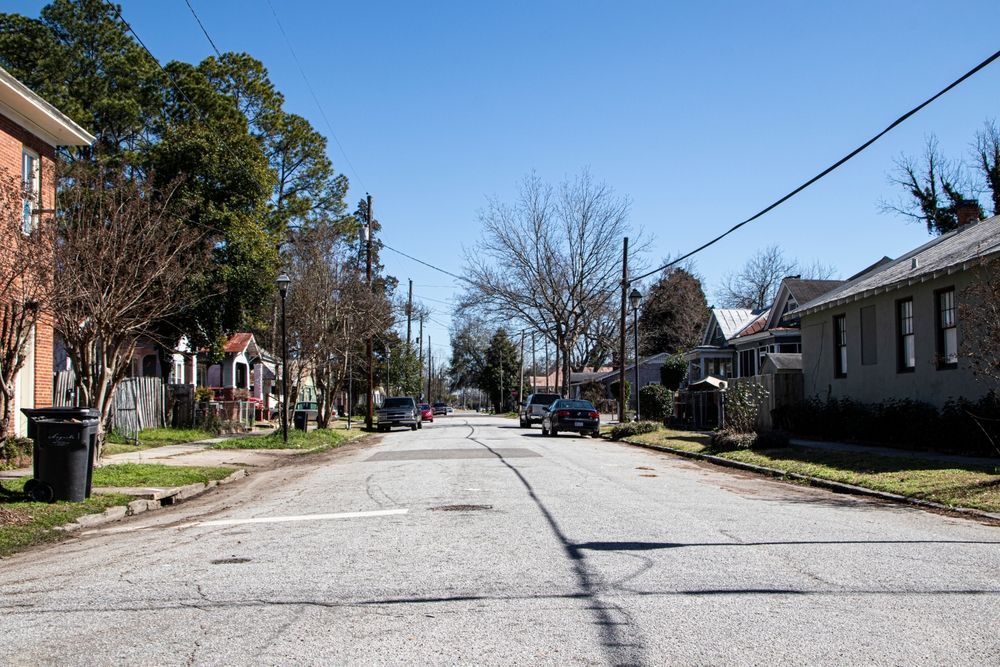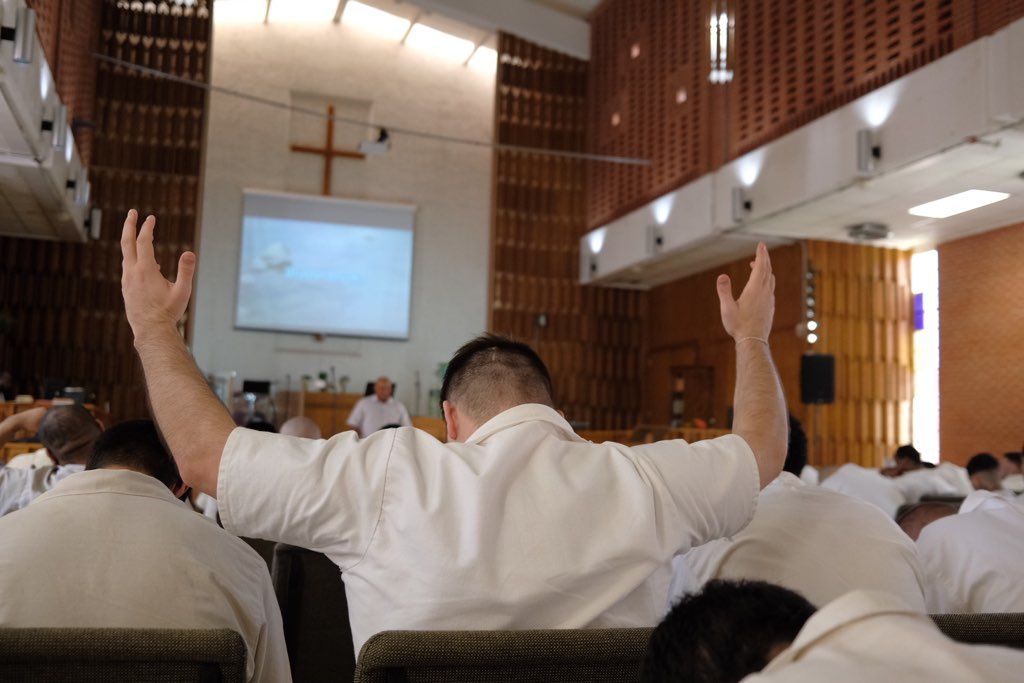The higher the degree, the lower the recidivism rate
Successful re-entry depends on it.
A 2011 report from the Institute for Higher Education Policy (IHEP) reported that nearly 7 in 10 people who are formerly incarcerated will commit a new crime, and half will end up back in prison within three years. “Given that about 95 out of every 100 incarcerated people eventually rejoin society, it is crucial that we develop programs and tools to effectively reduce recidivism” (Prison Studies Project).
Studies conducted over the last two decades indicate that higher education in prison programs reduce recidivism and translate into reductions in crime, savings to taxpayers, and long-term contributions to the safety and well-being of the communities to which formerly incarcerated people return (Prison Studies Project).
A recent blog post by Blackwell and Hacheney (April 11, 2022) in The Progressive Magazine caught my eye. It was titled, “When you learn, you don’t return: How education in prison reduces recidivism.” In it, one of the authors discusses how, after being sentenced to 45 years in prison, he thought “all I would ever be is a prisoner whom no one cared about.”
However, after some 10 years into his prison sentence, he discovered a program that allows incarcerated people to take college classes for credit. Too intimidated to join at first, given his difficulty in school when he was younger, eventually he considered he had nothing to lose, and with the encouragement of a friend he met in prison, started learning that he was “capable of achieving things I never thought were possible and that I was a lot smarter than I had ever given myself credit for.”
He found that, “a little support and the right influence can make anything possible.”
Higher education in prison.
Research shows that providing educational opportunities to people in prison is the single most effective way to reduce recidivism. When incarcerated people take some college classes, they are 43% less likely to be re-incarcerated than those who do not. People in prison who earn an associate’s degree are around 85% less likely to return to prison, while those who receive a bachelor’s degree are more than 95% less likely.
A federal program that began in 2015 under the Obama administration offers classes from 131 colleges to incarcerated students in 42 states. The federal government plans to add another 69 schools, according to a recent Chalkbeat article.
Such programs offer significant social benefits.
Georgetown University
Recently in the news, Georgetown University announced the offering of a bachelor’s degree to incarcerated students under its Prisons and Justice Initiative.
Georgetown University launched its new degree program in partnership with the Maryland Department of Public Safety and Correctional Services where students can earn a Bachelor of Liberal Arts while incarcerated.
Their 120-credit program is modeled after degree offerings on Georgetown’s main campus, allowing students to choose from three majors – cultural humanities, interdisciplinary social science, and global intellectual history. For most students, the degree program will take around five years to complete.
“This degree program is a model for how universities can bring transformative education opportunities into prison and support second chances,” said director of Georgetown Prisons and Justice Initiative Marc Howard.
California State University, Los Angeles
Cal State LA’s Bachelor’s degree initiative is the first in California to offer an in-person degree completion program for students who are incarcerated. Tenured and tenure-track faculty from the university teach the same classes in prison that they would teach on campus.
When they started the program, more than 80% of the students had received sentences of life without the possibility of parole—they never thought they’d ever get out of prison, said Tiffany Lim, Executive Director of the Cal State LA Center for Engagement, Service, and the Public Good. Since participating in the program, the governor of California has commuted the life sentence of several students in the program because of their progress in rehabilitation.
“I really think the bachelor’s degree program is changing lives at the prison, and it’s not just the students themselves, but it’s the yard, it’s the entire prison, it’s their friends and their family that are being impacted as well,” said Lim.
Watch Cal State LA’s powerful video on Vimeo telling the story of several students who benefitted from their prison graduation initiative here. You will be moved.
“It’s another hope of light to those inside prison,” said one participant.
Professor Bidhan Chandra Roy, who teaches in the program, said that Cal State LA’s prison education program is a way of “giving someone an opportunity to transform their life, to change the way they think, to change the way they see the world, to change their relationship with others, and gives people a way out of the behaviors that got them into prison in the first place.”
Education is the key to preparing returning citizens to contribute positively to their communities in the future. Successful reentry depends on it.
References/Links:
- Cal State LA Center for Engagement, Service, and the Public Good: https://www.calstatela.edu/engagement/prison-graduation-initiative
- Cal State LA video (Prison BA Graduation Initiative): https://vimeo.com/580950448
- Chalkbeat: https://co-chalkbeat-org.cdn.ampproject.org/c/s/co.chalkbeat.org/platform/amp/2022/2/18/22940028/federal-second-chance-pell-colorado-prison-college-classes-incarcerated-students
- Georgetown University Prisons and Justice Initiative: https://prisonsandjustice.georgetown.edu/news/georgetown-begins-bachelors-degree-program-at-maryland-prison/
- Institute for Higher Education Policy: https://www.ihep.org/
- Prison Studies Project: https://prisonstudiesproject.org/why-prison-education-programs/
- The Progressive Magazine: https://progressive.org/latest/when-you-learn-you-dont-return-education-prison-recidivism-blackwell-220411/










